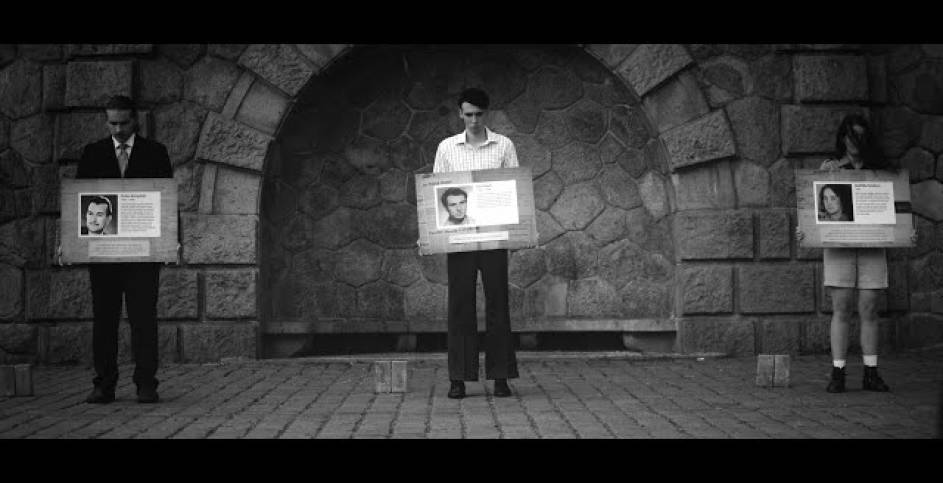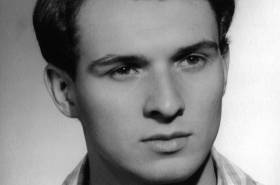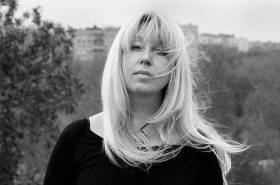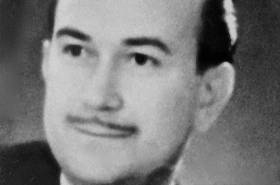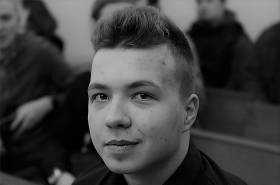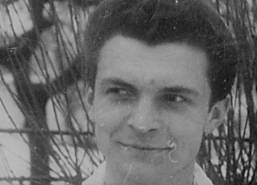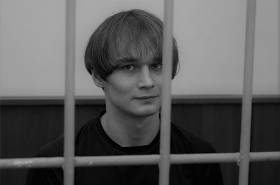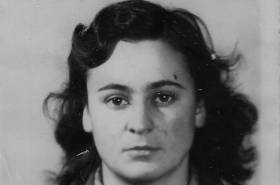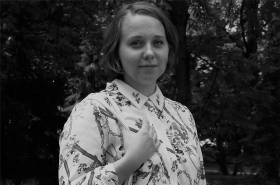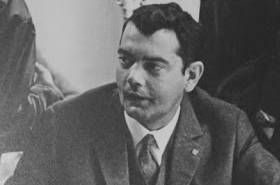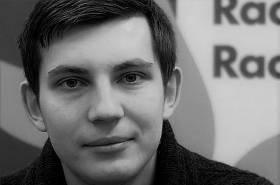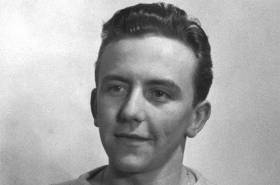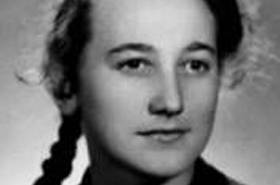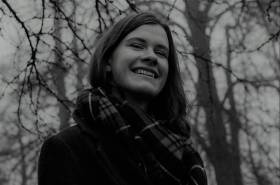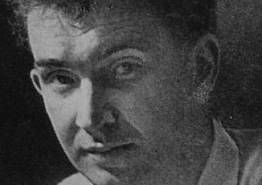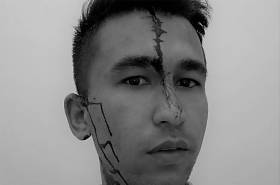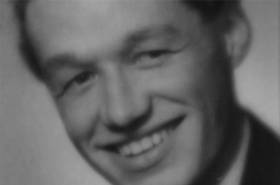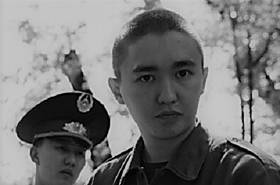Stories of Injustice Day 2021| The same stories, only different names
Every year, in connection with the Remembrance Day for Victims of the Communist Regime, which is observed on the sad anniversary of the execution of Milada Horakova, we and our students pay homage to the victims of Communist injustice and opponents of the Communist regime. It is partly because of the stand they took and their actions that we have freedom and democracy today.
The year’s motto – The same stories, only different names – draws attention to the similarity of the fate suffered by opponents of Communism in Czechoslovakia and the stories of people who are currently pushing for human rights, freedom, democracy, and the rule of law in the post-Soviet states.
From the examples provided below, it is obvious that totalitarian and authoritarian regimes continue to manifest themselves in the same illegal, aggressive, and inhumane way. And just like in the past, there are stories of brave men and women who stand up to them.
If you want to express your support for individuals facing persecution, please add your name to our letter.

